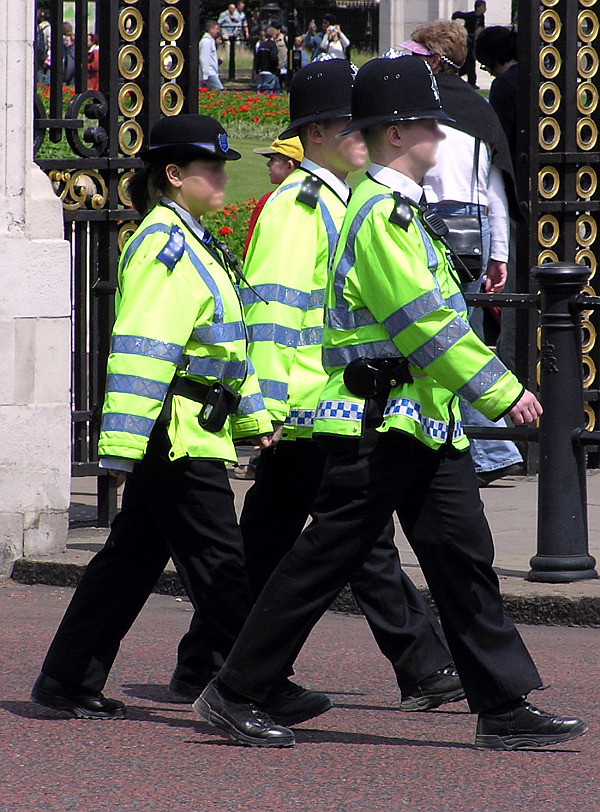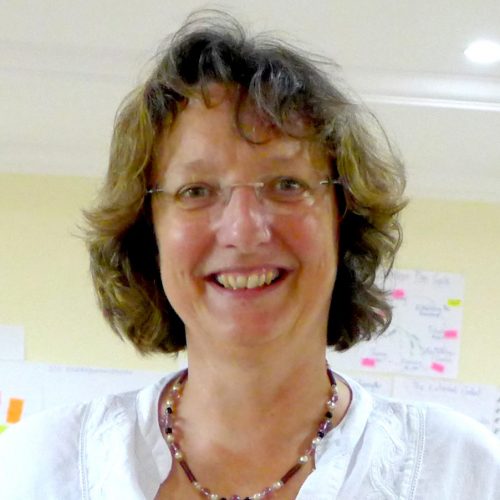A presentation to Fenland police ASB team

This was something different! Going from the family support project (see previous post), to a room full of initially rather intimidating police men and women: black uniforms, high viz vests, belts bulging with what? Handcuffs? Radios? I wasn’t sure I wanted to find out.
I wasn’t being arrested. I was there to convince the officers who are in the front line of helping people to deal with conflict and ASB (anti-social behaviour) in their neighbourhoods to give mediation a try. The Cambridge and District Mediation Service has not worked in Fenland for many years because of the distances involved – at least an hour’s drive from the south of the county where most of our mediators live. So in the early summer we interviewed, selected and trained a group of people who live in Fenland. They are keen to put their skills to work.
Fenland is known for its wide open skies, waterways, and fertile black soil where farmers grow celery, salads, and practically anything. There is a large community of migrant workers from eastern Europe. It is also a poor area with bad transport links, few facilities, and high unemployment. The police told us that they get over 150 call outs to neighbour disputes each month – and almost all of those are about things the police can’t do anything about: noisy music, children misbehaving, parking, insults and bad language for example. Some incidents are linked to tensions between the migrants and local people, but others are long standing feuds between families.
The police officers were polite but skeptical at my presentation. We discussed how mediation is different to other forms of conflict resolution. We watched a video of a mediation and talked about how mediation addresses the deeper issues in a conflict: hurt feelings, respect, injustice. I had prepared flip charts rather than use power point, and asked them to think about how to complete a quote starting “Peace is not the absence of conflict it is….”.* But I think they still weren’t convinced.
It was when we started talking about specific cases that they were dealing with that they started to see that mediation might shift things in a way that other approaches had not. I shared with them my own struggles with neighbours, and we talked about how powerless and foolish it makes you feel, not to be able to manage such an apparently straightforward relationship. By the end, the entire group agreed that they were keen to try to use mediation, especially for their most entrenched disputes – so now our mediators should have plenty of work to do. The next step is to set up a system for measuring what difference the mediations make.
* “…the ability to handle conflict by peaceful means.” attributed to Ronald Regan!

